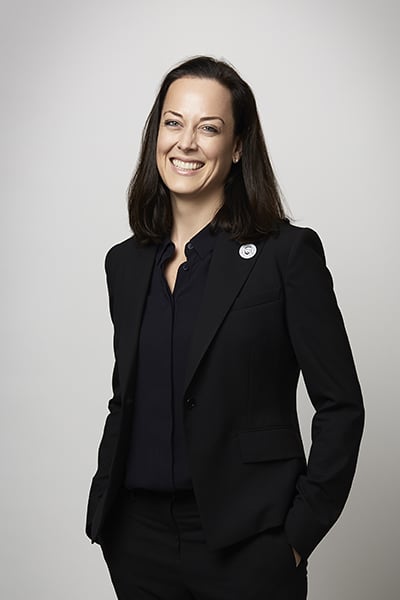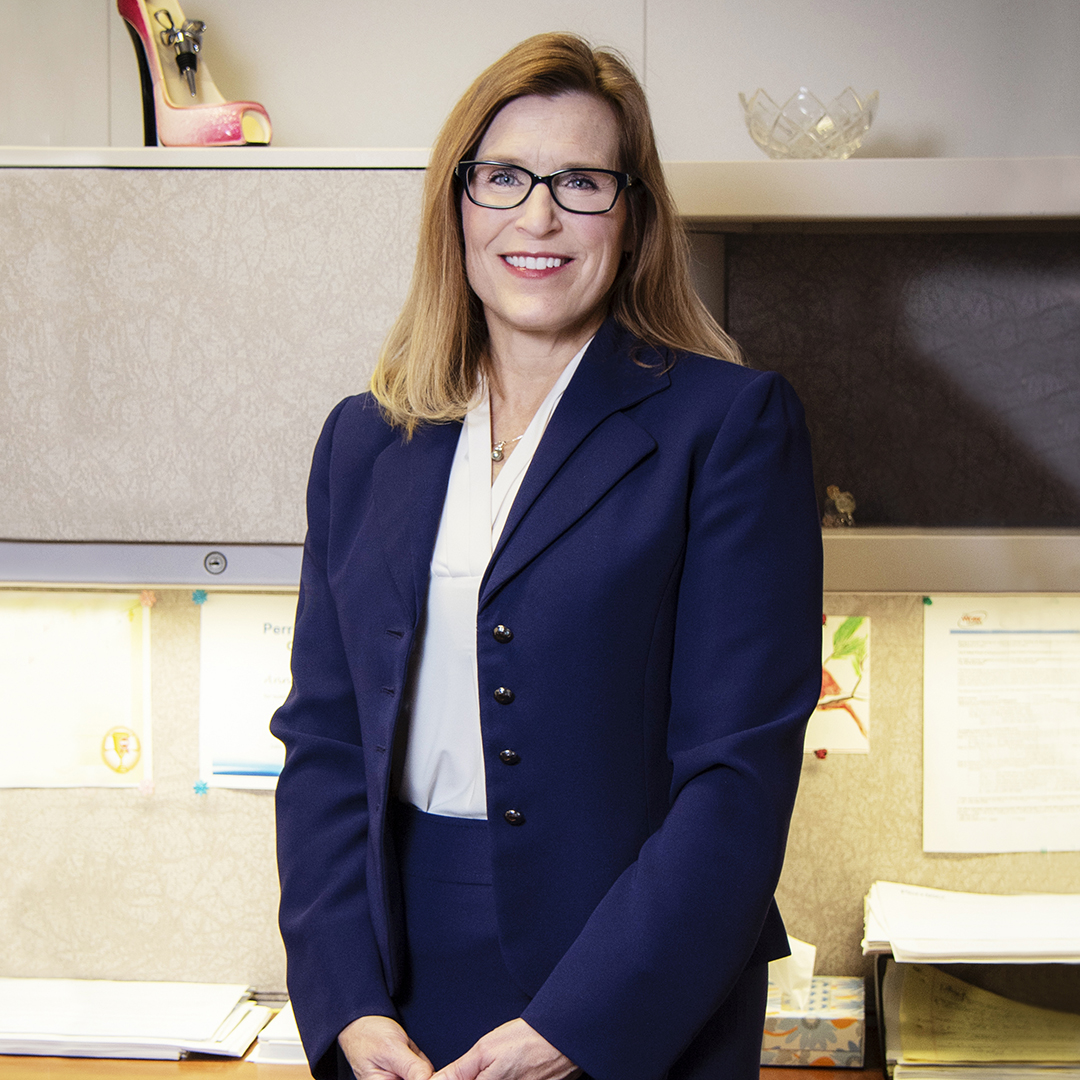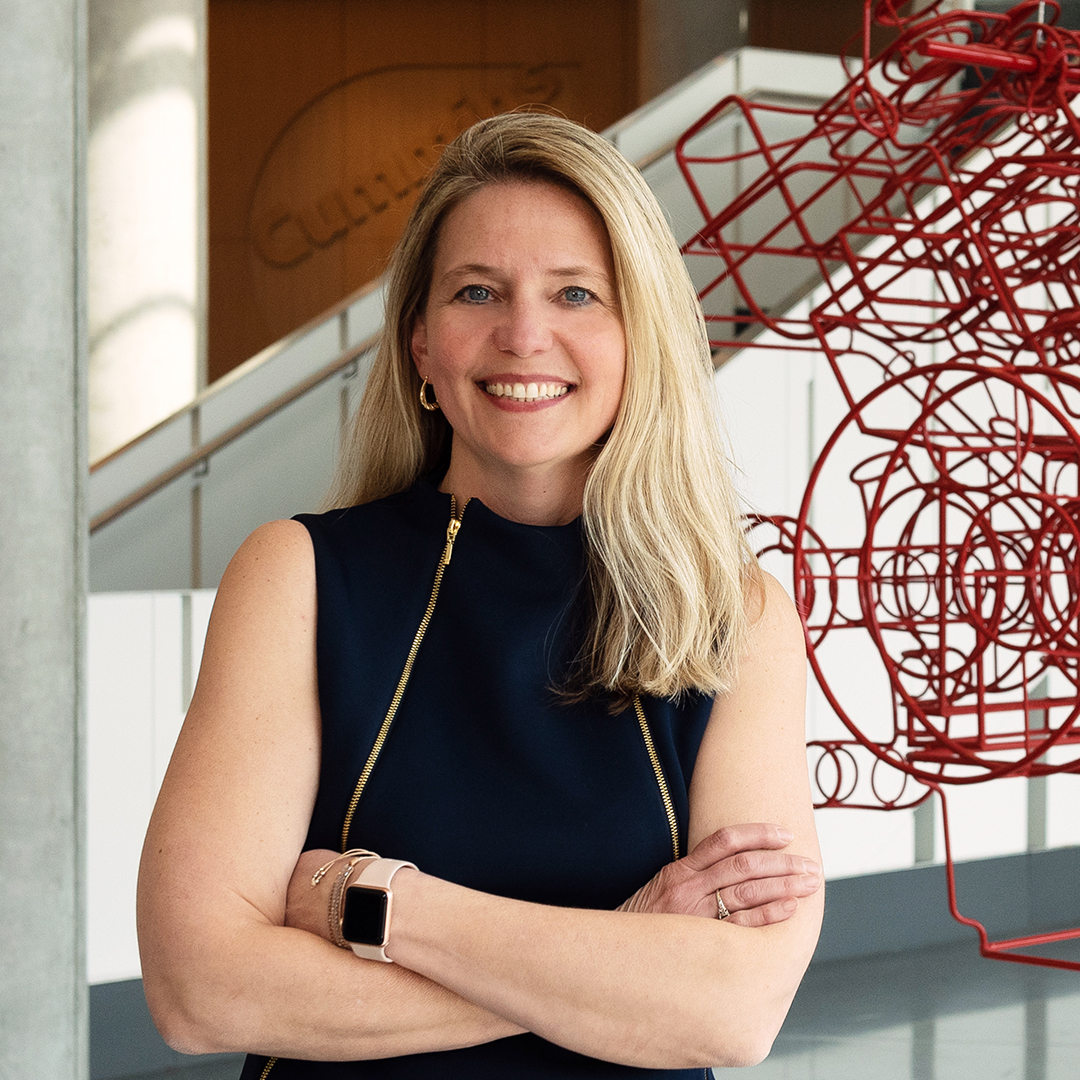“There are an extraordinary number of talented professionals who have already led the charge in establishing and embedding the corporate ethics and compliance practice across Europe and the US,” says Monique Elgin. “Here, there’s a new chance to lead from the front and drive a different kind of change.” As head of group ethics and compliance for Abu Dhabi National Oil Company (ADNOC), Elgin, a New Zealander, oversees her compliance team in the heart of the United Arab Emirates.
Elgin says she has leveraged her landmark role as a way to draw attention and scope to the growing demand for corporate ethics and compliance in the region and have a singular impact. And while acknowledging the relative uniqueness of her situation, she is bent on helping break down outside preconceptions of the Middle East, as ADNOC uses its extensive presence to set a progressive tone in a region undergoing enormous change.

Elgin’s initial impetus for relocating to the UAE was simple. After moving from private practice to banking roles at Lloyds Banking Group and Investec, it was time for a new challenge. “Working in banking in London really felt like operating in the center of the world . . . don’t tell anyone in New York that,” Elgin laughs. “But I had the chance to see the world from a different angle and experience world events through a different lens. Going into the energy industry in the Middle East is a great way to be in the center of the world again—just a different center.”
Working to find an easy equilibrium would be challenging for anyone in this kind of role, Elgin says. “There’s no way to meaningfully deliver an in-house legal or compliance role without having a genuine sense of enjoyment for new and unique challenges, and those challenges can sometimes erupt out of nowhere,” Elgin laughs. “That doesn’t suit everyone, and that’s fine.”
Elgin says she learned early on that for in-house counsel, building strong relationships internally is the key differentiator in being able to effectively tackle such a variety of issues, and that when it comes to disagreements, being right isn’t as important as hearing others and being heard. Working in the energy industry requires the same skills while offering a new series of mountains to climb.
Some of those challenges, Elgin says, are the very reason she found the prospect alluring. “In the energy industry worldwide, women represent approximately 22 percent of the workforce; in the Middle East, that drops to about 5 percent,” Elgin says. “That means you will frequently be the only woman in a senior meeting, but it also crystalizes the kind of opportunity it presents both for you and for your company to present and receive a unique perspective.” Elgin says the palpable and impactful change she’s able to deliver is worth any additional effort required to work across cultural and gender-based borders.
“Yes, from a cultural standpoint, there are additional considerations to accommodate in the Middle East, which may not occur elsewhere,” Elgin says. “But various movements and perspectives around the world have made it clear that unspoken and unacknowledged bias and misuse of power are issues that even the best organizations may find themselves struggling with—wherever their workforce lies.” The key, Elgin says, is having the courage, as a company, to explicitly acknowledge that challenges—and possibilities—exist, and then start to meaningfully address them, which ideally includes buy-in at all levels of an organization.
Elgin says part of her confidence is derived from ADNOC’s commitment to grow and support the progression of women into senior leadership roles throughout the organization. The company announced in 2016 that it would appoint two female CEOS within its group by 2020, and it achieved this goal by 2018. “This company sits as the fulcrum of the community here, and, as a result, it has the potential to drive real changes in corporate culture,” Elgin says. “Meeting ambitions like that resonates not only among the community but throughout the country.” As the twelfth largest oil producer in the world, the company recognizes it has a rare responsibility to lead from the front.
In striving to support greater inclusion and progression of women in the workplace, including senior leadership roles, Elgin says that the UAE is helping lead a progressive culture shift that has the capacity to affect the entire region. “I was asked to deliver a trailblazing role by a company in ways that run contrary to many people’s established preconceptions,” Elgin says. “I think that needs to be acknowledged.”
Elgin says building a new function from the ground up with a team of talented individuals across the group is the accomplishment of which she is most proud. “Being a visible woman in a leadership role gives me the opportunity to work with others who share the same challenges and opportunities,” she says, “as well as with those who are looking for unique challenges and support networks in order to progress.” Though it’s a new perspective for Elgin, she says it is a responsibility and a privilege she values enormously.
In the UAE, 2019 has been designated the year of tolerance, and that message of inclusiveness resonates with Elgin. Following the terror attacks in New Zealand earlier this year, Elgin says the compassion and sympathy shown by her colleagues and neighbors—most of whom share the same faith as many of the victims—had a profound impact on her. “The wholehearted expression of support from the UAE to New Zealand was poignant in a time of such tragedy,” Elgin says.
That prospect of even greater openness and empathy is what Elgin says she chooses to focus on when looking to the future. “I feel privileged to have the opportunity to confound some stereotypes about the working life I currently lead,” Elgin says. “What you see in my day-to-day is not what you see on the news.”


